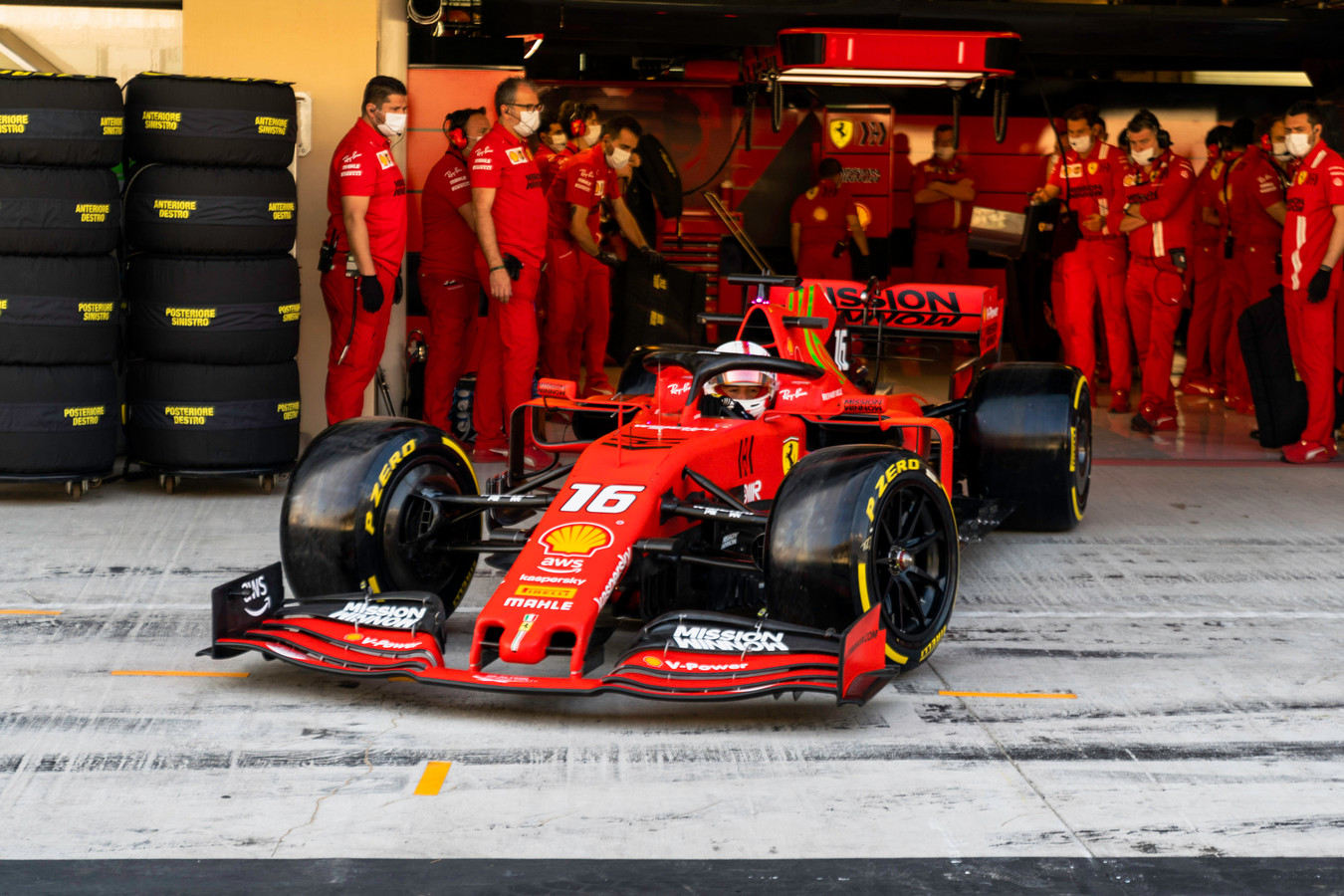Esteban Ocon’s Grueling Experience at Qatar GP: Sick in Helmet as Heat Takes its Toll
In a revealing post-race discussion, Alpine driver Esteban Ocon disclosed he vomited into his helmet by lap 15 during the sweltering Qatar Grand Prix. The intense heat not only impacted Ocon but also led to early retirements and health concerns among several drivers.
Key Takeaways:
- Unprecedented Heat Challenges: The Qatar Grand Prix was marked by extreme temperatures, reaching 37 degrees Celsius, posing severe physical challenges to the drivers. This intense heat resulted in early retirements, including Logan Sargeant, and significant discomfort for others like George Russell.
- Esteban Ocon’s Struggle: Alpine’s Esteban Ocon, who finished P7, endured a particularly tough race, suffering to the extent of vomiting inside his helmet by lap 15. His struggle underscored the harsh conditions drivers faced throughout the race.
- Health Concerns and Future Adjustments: Alex Albon’s post-race medical examination and Logan Sargeant’s bout with intense dehydration highlighted the serious health risks posed by the heat. However, there’s hope for improvement as the race is scheduled for a cooler period next year.

The Qatar Grand Prix this year will be remembered for its extreme weather conditions, which proved to be a formidable challenge for the drivers. The race, characterised by soaring temperatures, tested the physical limits of the competitors, with Alpine’s Esteban Ocon revealing a particularly distressing experience. Despite finishing in a respectable P7, Ocon’s race was far from comfortable. In a candid conversation with his race engineer, he revealed the extent of his struggle, admitting that he had vomited into his helmet by lap 15. This admission not only highlights his resilience but also the extreme conditions under which the drivers were operating.
“And I suggest you get some fluids on board as well. It’s been a hot one,” his engineer advised, to which Ocon replied, “I didn’t tell you I’d thrown up by lap 15. So yeah, good job guys.” This exchange sheds light on the often unseen challenges F1 drivers face, particularly in harsh weather conditions.
Moreover, the race was not just tough on Ocon. Logan Sargeant of Williams had to retire early due to the heat, and there was concern for George Russell, who felt close to passing out. The situation was so severe that Alex Albon required medical attention after the race. This collective experience raises questions about the suitability of such extreme conditions for racing and the safety protocols in place.
In response to these concerns, it’s heartening to note that the race organizers are planning to schedule next year’s event during a cooler period. This decision is a proactive step towards ensuring the safety and well-being of the drivers and enhancing the quality of the racing experience for both competitors and fans alike.
The Williams team also provided an update on Sargeant’s condition, stating: “Following Logan’s retirement from the Grand Prix, he has been assessed and cleared by the medical team on-site after suffering from intense dehydration during the race weakened by having flu like symptoms earlier in the week.” This statement not only reassures fans of Sargeant’s well-being but also underlines the physical toll such races can take on drivers, especially under extreme weather conditions.
In conclusion, the Qatar Grand Prix served as a stark reminder of the physical demands of Formula 1 racing and the need for adaptability in the face of challenging environmental conditions. As the sport continues to evolve, the health and safety of the drivers remain paramount, and adjustments like rescheduling races to cooler periods are a step in the right direction.



